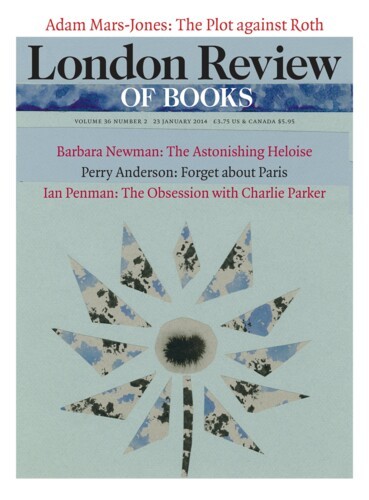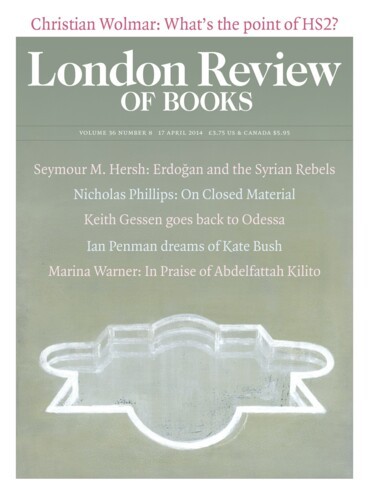From The Blog
30 June 2014
On the subject of the Suárez bite, the World Cup pundits (David Runciman aside) were in agreement for once: ‘He’s sick’; ‘He’s obviously got a problem’; ‘He needs to get help.’ But in a kind of casual-wear version of ‘political correctness gone mad’ not a single one of them mentioned what’s staring us all in the face – the Suárez overbite. No one thought to mention those outrageously present teeth. But isn’t it possible that the back story is right here, hidden in plain sight? It’s not hard to imagine him receiving real grief for those teeth in his earliest years: children can be devastatingly cruel. If Suárez goes into analysis now, what chance his therapist will discover that on some deep unconscious level football was but a detour to his real goal – the revenge of those outsize teeth? That lurking somewhere in the backyard soul of Luis Alberto Suárez Díaz is still a hurt and resentful little boy? ‘Sticks and stones may break my bones, but names will never hurt me’ always struck me as one of the more misconceived bits of popular wisdom. Broken bones are nothing, a detail, a cinch to mend. But cruel and blithely repeated nicknames can haunt the soul for decades. A kiss on the wrist when he scores; a bite out of the old, jeering world when it stands in his way.
30 June 2014




